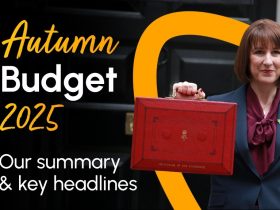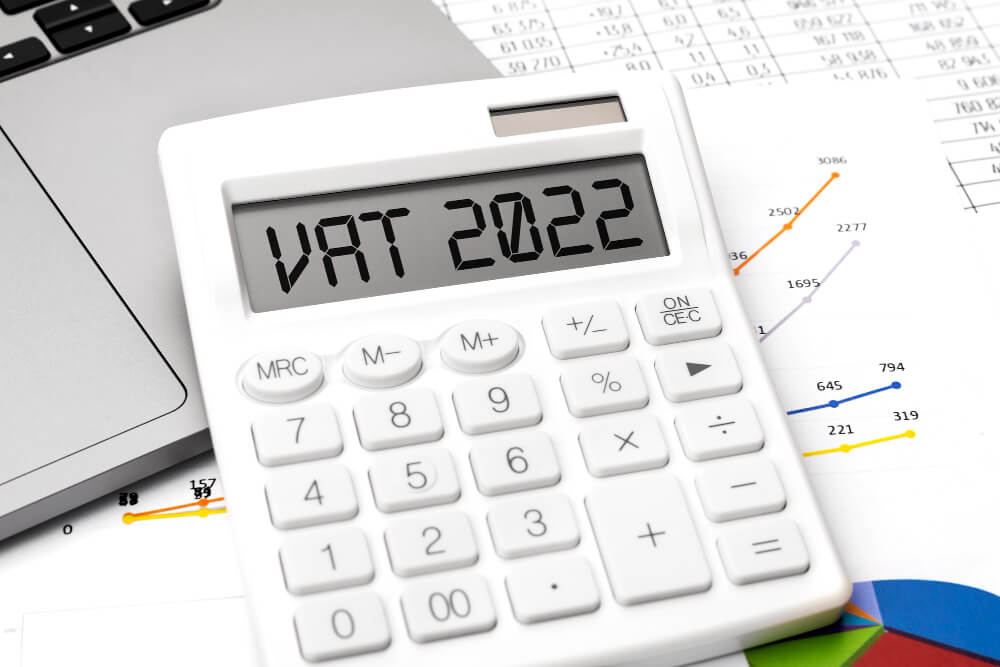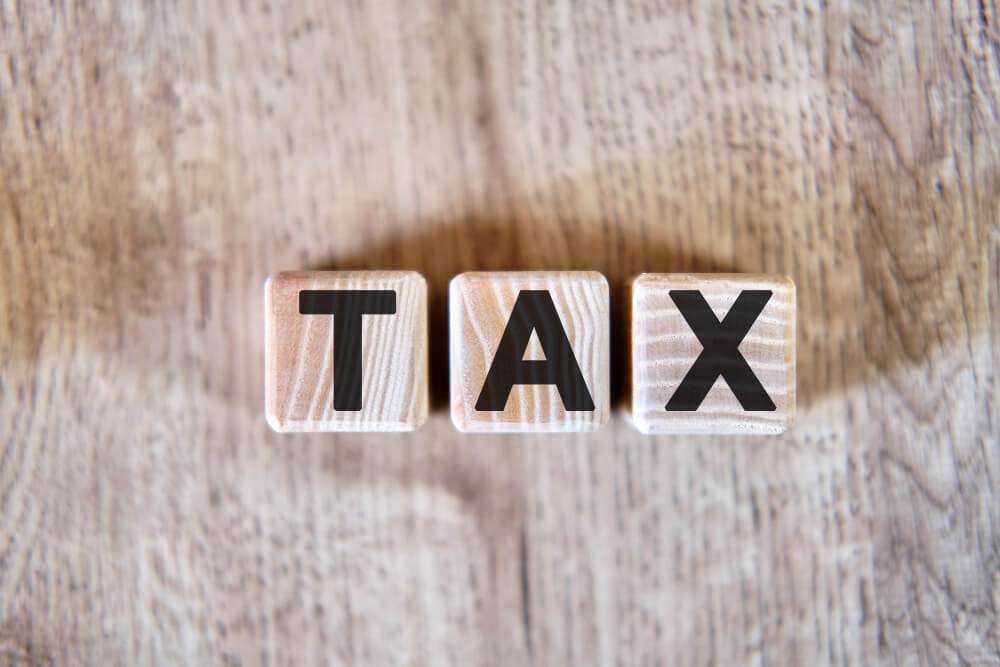Navigating the complexities of the financial year-end is essential for people and companies operating in the UK. When starting a new business venture, you’ll want to understand the finances involved.
The effect of the fiscal year extends far beyond finance departments alone; it resonates across all sectors, impacting people and companies alike.
For businesses based in this country, it entails recognising the UK Tax year and how it operates.
Table of Content
What is the UK tax year?
In the United Kingdom, the UK tax year is 12 months. The fiscal year starts on the 6th April of the current year and ends on the 5th April of the subsequent year.
Tax allowances like your ISA and personal allowance comply with the tax year, as do pension tax reliefs. If you submit a self assessment tax return, the tax year is the period for stating your revenue and expenditures.

The tax year is also called the financial year or fiscal year.
Why is the tax year important?
The UK fiscal year affects businesses in different ways. For organisations, the fiscal year must be taken into consideration when conducting financial reporting.
This entails organising your annual financial statements for tax purposes, capital calculations, and other purposes, as well as assessing the overall performance of your company.
In the United Kingdom, the fiscal year applies to businesses working as:
- Sole traders
- Partnerships
The financial year also applies to those working for businesses, as most people employed by companies and organisations will pay their income tax through PAYE (Pay as You Earn).
Limited companies aren’t included in this list because they have a different fiscal year to partnerships and sole traders.
The financial year operates from the business’s “birthday” (the day the business started trading, as stated once registered with Companies House) and will end on the day before that date in the subsequent year.
A limited company typically begins a fiscal year at the same time as its accounting period for corporation tax. This is when the business must file its report, which can be reduced or extended a certain number of times over five years.
UK financial year key dates
In the UK, there are several significant dates in the fiscal year to remember for tax purposes:
| 4th April | PAYE registration deadline. |
| 6th April | The beginning of the new fiscal year for the individuals and the government. New taxes and regulations usually go into effect on this date. This date never changes. |
| 31th May | Businesses must offer employees their P60, a form summarising total pay and deductions for the year. |
| 6th July | Deadline for companies to report employee perks and expenses. Fill out the P11D to HMRC. |
| 5th October | The due date for registering for Self Assessment tax returns. Refer to the HMRC website to determine if you fall under one of the self-assessment categories. To file a return for the 2023/2024 tax year, you have to sign up by 5th October 2024. |
| 31st January | The deadline for submitting self-assessment tax returns and the payment deadline for Capital Gains Tax. |
| 5th April | It marks the end of the UK tax year. |
Ways to make the fiscal year easier on finance teams
There are a few things which make these due dates easier on the business’s finance team:
1. Automated procedures enabled by digital accounting applications
Manual operations take up plenty of time and are vulnerable to human error. By using technologically advanced software solutions, businesses can stay one step ahead.
They can adequately schedule their accounting duties and keep a check on every financial activity.
2. Budget and expenditure visibility
If the finance team lacks a complete grasp on what’s been spent and the remaining debts, they cannot completely close the books.
3. Precise and timely expense reports
Every report or invoice must be promptly recorded. Any receipt after the fiscal year’s cut-off is a considerable pain for the accounting and finance departments and detrimental to the business’s financial health.
4. Quick reconciliation
This goes hand in hand with automated procedures; a digital solution will help finance teams.
How to prepare for the end of the financial year
The end of the fiscal year can be especially difficult for finance teams. Why?
This period comes with a massive workload and serious pain points, such as:
- Unidentifiable transactions
- Laborious manual data entry
- Duplicate entries and line items
- Missing receipts and other required paperwork
- Human error
The team has to examine and reconcile all the prior months’ accounts, checking that every financial transaction in the business’s ledgers from the past financial year adds up.
The data has to be precise because it gives everyone (staff, investors, regulators, the government, and the public) an understanding of how the business is doing and if there are any penalties, taxes, or financial problems to take care of.
During the year-end close, the finance department has to figure out and reconcile:
- Investments
- Income
- Equity
- Revenue
- Assets
- Business expenses
- And more
For tax compliance, set up and preserve every pertinent documentation, invoice, and record required for tax filings. If necessary, make use of available tax deductions and credits.
Lastly, interact with financial professionals or accountants to seek advice on potential tax-saving methods and ensure all regulatory requirements are met.
By carefully preparing for the end of the fiscal year, people and companies can simplify the tax filing process, make sound financial choices, and set a solid basis for the upcoming fiscal period.

Final thoughts
Understanding and getting ready for the end of the fiscal year is essential, especially given the distinctive rhythm of the UK financial year. Finance teams coordinate their efforts to coincide with these 12 months, highlighting the need for careful organising and planning.
HMRC is an excellent source of information about taxes, employer responsibility, and particular details on the fiscal year for various industries.











